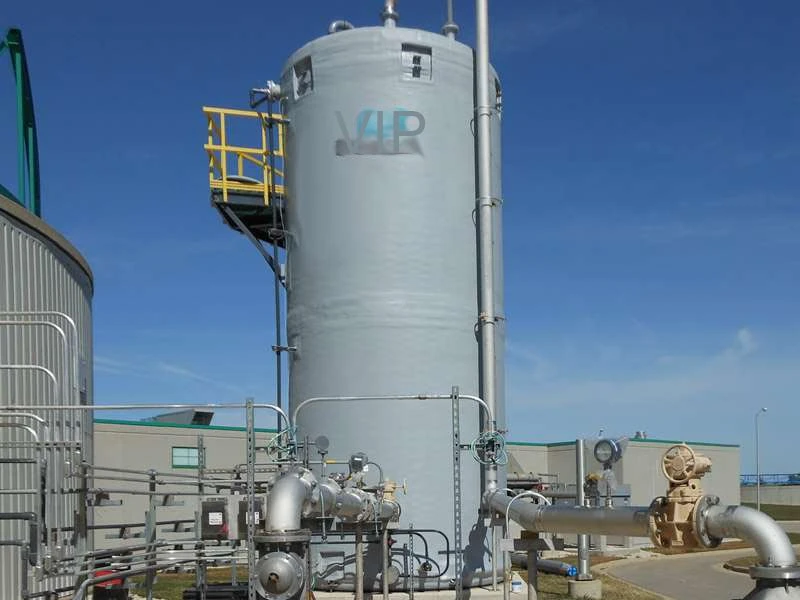
-
 Afrikaans
Afrikaans -
 Albanian
Albanian -
 Amharic
Amharic -
 Arabic
Arabic -
 Armenian
Armenian -
 Azerbaijani
Azerbaijani -
 Basque
Basque -
 Belarusian
Belarusian -
 Bengali
Bengali -
 Bosnian
Bosnian -
 Bulgarian
Bulgarian -
 Catalan
Catalan -
 Cebuano
Cebuano -
 China
China -
 China (Taiwan)
China (Taiwan) -
 Corsican
Corsican -
 Croatian
Croatian -
 Czech
Czech -
 Danish
Danish -
 Dutch
Dutch -
 English
English -
 Esperanto
Esperanto -
 Estonian
Estonian -
 Finnish
Finnish -
 French
French -
 Frisian
Frisian -
 Galician
Galician -
 Georgian
Georgian -
 German
German -
 Greek
Greek -
 Gujarati
Gujarati -
 Haitian Creole
Haitian Creole -
 hausa
hausa -
 hawaiian
hawaiian -
 Hebrew
Hebrew -
 Hindi
Hindi -
 Miao
Miao -
 Hungarian
Hungarian -
 Icelandic
Icelandic -
 igbo
igbo -
 Indonesian
Indonesian -
 irish
irish -
 Italian
Italian -
 Japanese
Japanese -
 Javanese
Javanese -
 Kannada
Kannada -
 kazakh
kazakh -
 Khmer
Khmer -
 Rwandese
Rwandese -
 Korean
Korean -
 Kurdish
Kurdish -
 Kyrgyz
Kyrgyz -
 Lao
Lao -
 Latin
Latin -
 Latvian
Latvian -
 Lithuanian
Lithuanian -
 Luxembourgish
Luxembourgish -
 Macedonian
Macedonian -
 Malgashi
Malgashi -
 Malay
Malay -
 Malayalam
Malayalam -
 Maltese
Maltese -
 Maori
Maori -
 Marathi
Marathi -
 Mongolian
Mongolian -
 Myanmar
Myanmar -
 Nepali
Nepali -
 Norwegian
Norwegian -
 Norwegian
Norwegian -
 Occitan
Occitan -
 Pashto
Pashto -
 Persian
Persian -
 Polish
Polish -
 Portuguese
Portuguese -
 Punjabi
Punjabi -
 Romanian
Romanian -
 Russian
Russian -
 Samoan
Samoan -
 Scottish Gaelic
Scottish Gaelic -
 Serbian
Serbian -
 Sesotho
Sesotho -
 Shona
Shona -
 Sindhi
Sindhi -
 Sinhala
Sinhala -
 Slovak
Slovak -
 Slovenian
Slovenian -
 Somali
Somali -
 Spanish
Spanish -
 Sundanese
Sundanese -
 Swahili
Swahili -
 Swedish
Swedish -
 Tagalog
Tagalog -
 Tajik
Tajik -
 Tamil
Tamil -
 Tatar
Tatar -
 Telugu
Telugu -
 Thai
Thai -
 Turkish
Turkish -
 Turkmen
Turkmen -
 Ukrainian
Ukrainian -
 Urdu
Urdu -
 Uighur
Uighur -
 Uzbek
Uzbek -
 Vietnamese
Vietnamese -
 Welsh
Welsh -
 Bantu
Bantu -
 Yiddish
Yiddish -
 Yoruba
Yoruba -
 Zulu
Zulu
Exploring the Applications and Benefits of Fiberglass Absorbers in Various Industries
The Role of Fiberglass Absorbers in Soundproofing and Heat Management
Fiberglass absorbers have emerged as a fundamental component in modern construction and industrial applications, primarily due to their exceptional acoustic and thermal insulating properties. Their unique structure and material composition make them ideal solutions for addressing soundproofing challenges and managing heat in various environments.
Understanding Fiberglass Absorbers
Fiberglass absorbers are made from fine glass fibers that are woven together to create a porous material. This configuration allows them to trap sound waves effectively, reducing reflection and reverberation in a space. The absorbers are often employed in environments where controlling noise levels is crucial, such as studios, concert halls, theaters, and even residential settings. In addition to their acoustic benefits, fiberglass absorbers also contribute significantly to thermal insulation, making them useful in HVAC systems and building envelopes.
Acoustic Performance
One of the standout features of fiberglass absorbers is their ability to minimize unwanted noise. Sound waves, when produced, bounce off surfaces such as walls, floors, and ceilings. This reflection leads to echoes and a phenomenon known as reverberation, which can distort audio quality in spaces designed for listening or vocal performance. Fiberglass absorbers mitigate these effects by converting sound energy into a small amount of heat through friction within their fibers. This mechanism is quantified in terms of the Noise Reduction Coefficient (NRC), a parameter that indicates the effectiveness of a material in absorbing sound. Fiberglass generally offers a high NRC rating, making it a preferred choice for sound management.
Thermal Insulation
fiberglass absorber

Beyond noise control, fiberglass absorbers play a crucial role in building energy efficiency. They effectively reduce heat transfer, which is especially important in regions experiencing extreme temperatures. By minimizing heat loss during winter and heat gain in summer, fiberglass insulation contributes to maintaining comfortable indoor climates while decreasing reliance on heating and cooling systems. This not only enhances occupant comfort but also results in significant energy savings, promoting sustainability in building design.
Applications in Various Industries
The versatility of fiberglass absorbers extends across various industries. In the construction sector, they are commonly used in walls, ceilings, and floors of commercial buildings to create acoustically pleasant environments. The hospitality industry, including hotels and restaurants, benefits from their sound-absorbing capabilities, ensuring that guests enjoy a serene atmosphere.
In industrial settings, fiberglass absorbers are essential for controlling noise generated by machinery and processes. Factories and manufacturing plants often employ these materials to create quieter workspaces, enhancing employee comfort and productivity. Additionally, in technical industries such as aerospace and automotive, fiberglass is leveraged for both sound and thermal management in engines and cabins.
Conclusion
In summary, fiberglass absorbers are critical materials that fulfill essential functions in soundproofing and thermal management across multiple sectors. Their advantages, including lightweight composition, ease of installation, and high performance, make them invaluable to architects, builders, and designers aiming for efficiency and comfort. As industries continue to push for more sustainable and occupant-friendly practices, fiberglass absorbers will undoubtedly remain at the forefront of innovative building solutions, enhancing both the acoustic and thermal characteristics of spaces we inhabit.
Latest news
-
High-Performance FRP Scrubber – Advanced Fiberglass Scrubber for Effective Cleaning & Stain RemovalNewsJul.04,2025
-
Fiberglass 90 Degree Elbow for Custom Tanks & High Pressure Pipes Durable and Corrosion ResistantNewsJun.24,2025
-
Exploring the Benefits of Top Hammer Drifter Rods for Enhanced Drilling PerformanceNewsJun.10,2025
-
High-Precision Fiberglass Winding Machine for GRP/FRP Pipe Production – Reliable & Efficient SolutionsNewsJun.10,2025
-
FRP Pipes & Fittings for Shipbuilding - Corrosion-Resistant & LightweightNewsJun.09,2025
-
Premium FRP Flooring Solutions Durable & Slip-ResistantNewsJun.09,2025









